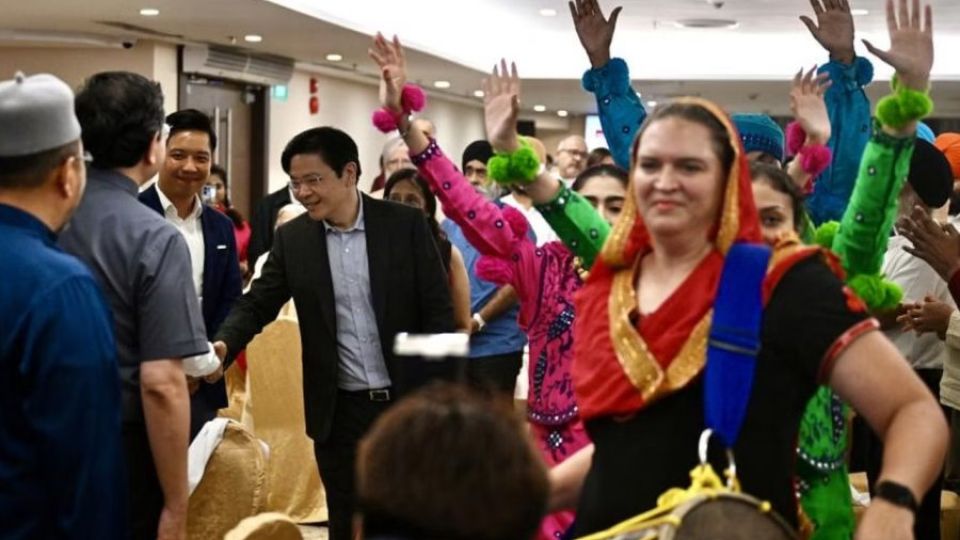July 31, 2023
SINGAPORE – Every community, no matter how small, will always have the space to maintain its own heritage and culture in Singapore, said Deputy Prime Minister Lawrence Wong on Sunday.
Knowing from the country’s own painful history of how easily issues like race and religion can be stoked and cause division and strife, Singapore must continue to strengthen racial harmony and social cohesion, he added.
And even as the Republic celebrates its diversity, it must work to expand the common ground shared as Singaporeans, said Mr Wong.
This can be via the creation of more opportunities for shared experiences in Housing Board estates, neighbourhoods, schools and workplaces.
Through it all, meritocracy must remain the organising principle of society, he added.
“Ours must be a society where everyone is judged solely on their ability, and rewarded based on their contributions; and where everyone has the opportunity to excel and maximise their potential, regardless of their race or religion,” he said.
Mr Wong was speaking at the 75th anniversary celebration dinner of the Sikh Advisory Board (SAB), held at the Singapore Khalsa Association’s premises in Farrer Park.
On Sunday, the board launched a commemorative book documenting stories of nation-building and the SAB’s contributions, along with a new website.
Mr Wong noted that the Sikh community has experienced the benefits of meritocracy – many have been able to reach positions of leadership and found success in their respective careers.
However, over the long term, he cautioned, Singapore must guard against meritocracy degenerating into cut-throat competition, where each person is focused only on his own success and that of his children, disregarding the needs of fellow citizens.
“We must foster and nurture a broader and more open meritocracy that works well for all Singaporeans – one where everyone feels a strong sense of community and a commitment to give back to society; where Singaporeans feel assured and supported in the face of life’s uncertainties,” he added.
The Government is working on this as part of the Forward Singapore nationwide engagement exercise, he noted.
Led by Mr Wong and launched in June 2022, the exercise involves reviewing policies and engaging people to find out what programmes can be introduced or improved.
The exercise will culminate in a report to be released later this year.
Mr Wong called on everyone, including the Sikh community, to play a role in these efforts.
“Working together, I am sure we can continue to find new ways to uplift the Sikh community and, importantly, to forge even closer bonds with the other communities in Singapore,” he said.
The first large group of Sikhs arrived here in the late 1800s, sent by the British colonial government to form a new police contingent. Over time, more came, and there are now about 13,000 Sikhs who are part of Singapore’s society.
“You have all distinguished yourselves in your chosen professions and made significant contributions in diverse fields… Crucially, Sikhs have done all this in Singapore while retaining your culture, your faith, your unique identity,” he noted.
Mr Wong said that being Singaporean should never mean that people have to give up their own unique culture and tradition.
“We want every group to be comfortable being who they are, and to be assured that they will always have a place in our society. This must always remain an essential feature of our social fabric,” he added.
Shared experiences must also be created deliberately and purposefully, such as by facilitating more inter-group interactions, promoting more social mixing among the young, and fostering dialogue and mutual understanding and trust with one another.
“If we do this well… then we can build a strong and inclusive Singaporean identity – one that is not about confrontation but seeks accommodation and compromise with each other; one that is not tribal or insular in nature, but that is open and big-hearted,” said Mr Wong.


